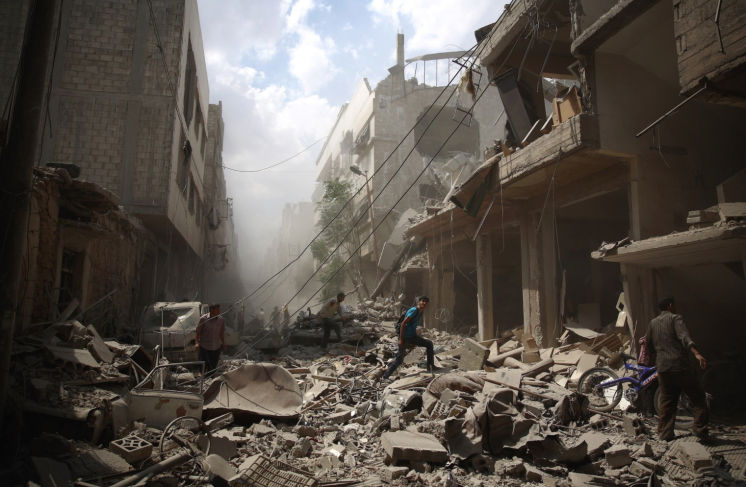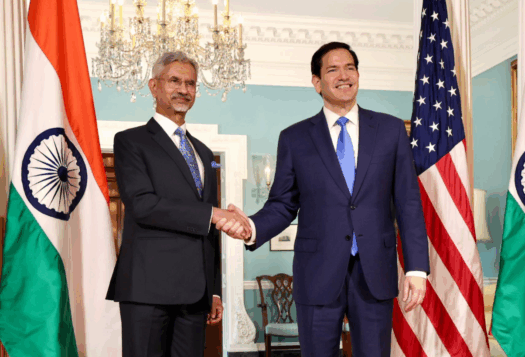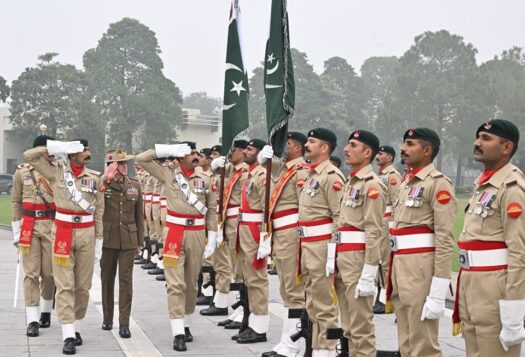
The four year civil war in Syria has killed over 200,000 people and displaced millions. The complexity increases with every passing day, as the region destabilizes further. With several reports in early August 2015 stating that Turkey warned al Qaeda’s al-Nusra Front about U.S.-trained fighters and with the recent construction of two new Russian military bases in the country, this commentary seeks to answer: what does the future hold for Syria?
Failed U.S.-led training program
Today the United States announced the end of a training program to train and equip moderate Syrian rebels to fight ISIS jihadists in Syria. It had faced setbacks due to the following reasons.
First, the $500 million training program led by the United States failed to meet the target of training 5,400 vetted fighters a year for a period of three years. Due to the problems faced in finding suitable candidates, only a fraction could actually get trained.
Second, in July 2015, al-Nusra attacked the first U.S.-trained group of 54 fighters that went to Syria. The Pentagon is still unsure of what happened to them. The killing of only one rebel has been confirmed. The second group comprising of approximately seventy rebels went back to Syria by 25th September. Soon after they left, social sites began reporting that these trained rebels handed over ammunition and equipment to Al Qaeda affiliate operating in the country.
Third, in late September 2015 before the insertion of new fighters, the U.S. general overseeing efforts against ISIS told senior law makers that out of the U.S.-trained rebels, only “four or five” were actually on the ground fighting in Syria.
Fourth, in September 2015, U.S. Central Command (CENTCOM) confirmed that U.S.-trained rebels that went back to Syria exchanged equipment with al-Nusra for the right of safe passage in the region. “Unfortunately, we learned late today that the NSF (New Syrian Forces) unit now says it did in fact provide six pickup trucks and a portion of their ammunition to a suspected al-Nusra Front [group],” Pentagon spokesperson Captain Jeff David said. Expressing his concern Colonel Patrick Rayder, a spokesman for CENTCOM, made a statement that “the report of new Syrian force (NSF) members providing equipment to al-Nusra front is very concerning and a violation of Syrian train and equip program guidelines.”According to Colonel Ryder, twenty-five percent of the equipment issued by the United States to the rebel groups was unfortunately handed over to al-Nusra.
With all of these setbacks and many would-be fighters’ failing the strict screening process, the training program had faltered. Critics hold that it delivered too slowly and failed to provide much-needed security to the trained rebels once they were back in the war zone.
Russian build-up in Syria
Russia has begun to play a more active role in Syria by providing military hardware and fighter jets to Assad’s government while beginning to construct two new Russian military bases near the port of Latakia on 22nd September 2015. The military base includes fighter jets, tanks, helicopters, air defense missiles, and other equipment. In doing so, the country has backed up by force of arms the argument Putin has been trying to win since the war started more than four years- that the only road to peace is through support for Assad and a concerted campaign against ISIS.
Russia, a traditional ally of Syria, has raised its stake in Syria by supporting the Syrian government led by President Assad who has clung on to power, despite U.S.-led international efforts to force a regime change. In an interview taped with CBS’s“60 Minutes” on 27th September 2015, Russian President Vladimir Putin was asked if his country was trying to save the Assad administration. Putin responded, “Well, you’re right.” He said any effort to destroy Assad’s government “will create a situation which you can witness now in the other countries of the region … where all the state institutions are disintegrated.”The Russian leader added, “There is no other solution to the Syrian crisis than strengthening the effective government structures and rendering them help in fighting terrorism.”
This has escalated U.S. concerns, which can be well felt in Secretary of Defense Ash Carter’s statement where he calls Russia’s approach as one “pouring gasoline on the civil war in Syria.” The United States, its western allies, and most human rights advocates see the continuing imbroglio through different lenses. According to them, ISIS and other extremist groups are the symptoms of evil demonstrated by the Assad regime through the daily barrel bombing of civilians in rebel areas. Thus, an ouster of ISIS along with that of Assad is the need of the hour to prevent an escalation in the crisis. “To pursue the defeat of ISIL without at the same time pursuing a political transition is to fuel the very kind of extremism that underlies ISIL, and if that’s the Russian view that’s a logical contradiction,” Carter told reporters.
What the future holds for Syria?
The much anticipated 70th session of the UN General Assembly concluded late last month. In their addresses, Presidents Barack Obama and his counterpart Vladimir Putin were seen contradicting publicly over finding a solution to the Syrian crisis, thereby adding increased uncertainty to the already mushrooming crisis in the region. Obama expressed his desire to work with any nation “including Russia and Iran to resolve the conflict” in Syria. He also emphasized that an end to the civil war includes the overthrow of President Bashar al-Assad from office. Thus, Obama ruled out any return to the pre-war status quo. Contrary to this, Putin stated that Russia has always fought against all forms of terrorism and even this time the country is providing military equipment to the Syrian government. At the same time, he also acknowledged that “no-one except for Assad and his militia is truly fighting ISIS in Syria.” Thus, although the leaders agreed to reach a political resolution to the conflict in Syria, they still differ significantly on President Assad’s future.
With the current situation at hand, it seems that Russia has changed the paradigm of the game plan for dividing Syria. Hence, Syria will not be divided and ISIS will be defeated through international coordination. However, whether such actions bring peace and stability to Syria in the long run is still questionable.
***
Image: Abd Doumany-AFP, Getty


